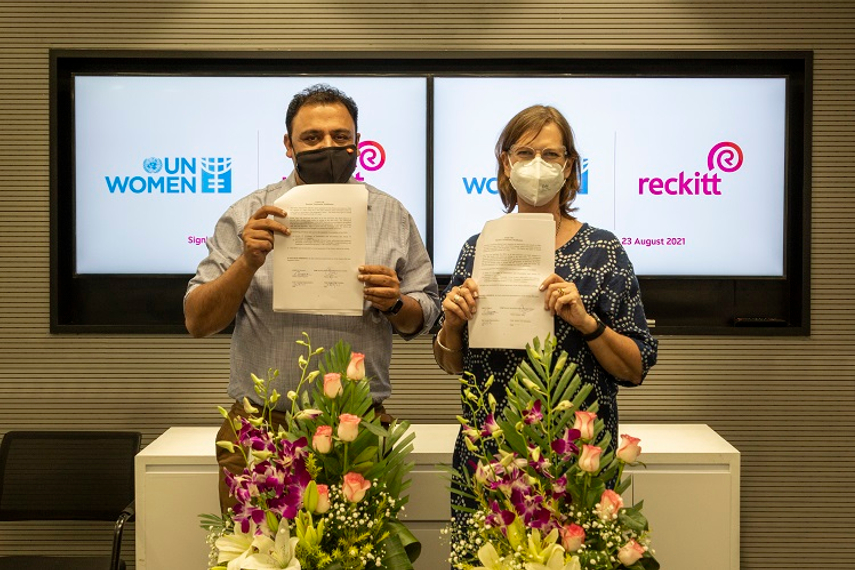
Reckitt and UN Women partner to promote gender diversity, equality and inclusion in India
To roll out programmes that focus on creating employment and entrepreneurial opportunities for women in the health, hygiene and sanitation sectors

Top news, insights and analysis every weekday
Sign up for Campaign Bulletins
Most Read
Just Published
Agency Report Card 2024: Ogilvy
Ogilvy APAC celebrated a strong creative year in 2024, clinching top regional honours at Cannes Lions. Yet operational headwinds, particularly in China, tested its resilience and reshaped its growth strategy.
Campaign Global Agency of the Year Awards 2024: ...
Ogilvy and UM win global network of the year awards for creative and media respectively, while Special agency in New Zealand earns Asia-Pacific network of the year.
Apple Watch’s heart story strikes a chord in Japan
Apple’s new Japan campaign tells the real-life story of a heavy metal fan whose Apple Watch alerts help detect a life-threatening heart condition just in time.
2025 Cannes Contenders: RGA creatives weigh in
A ubiquitous surname, a sexually transmitted infection, the printing of memories and an animal god that helps gamers might all bring fame glory to campaigns in Cannes next week.


.jpg&h=334&w=500&q=100&v=20250320&c=1)
.jpg&h=334&w=500&q=100&v=20250320&c=1)
.jpg&h=334&w=500&q=100&v=20250320&c=1)




.png&h=334&w=500&q=100&v=20250320&c=1)



.jpg&h=268&w=401&q=100&v=20250320&c=1)




.png&h=268&w=401&q=100&v=20250320&c=1)
